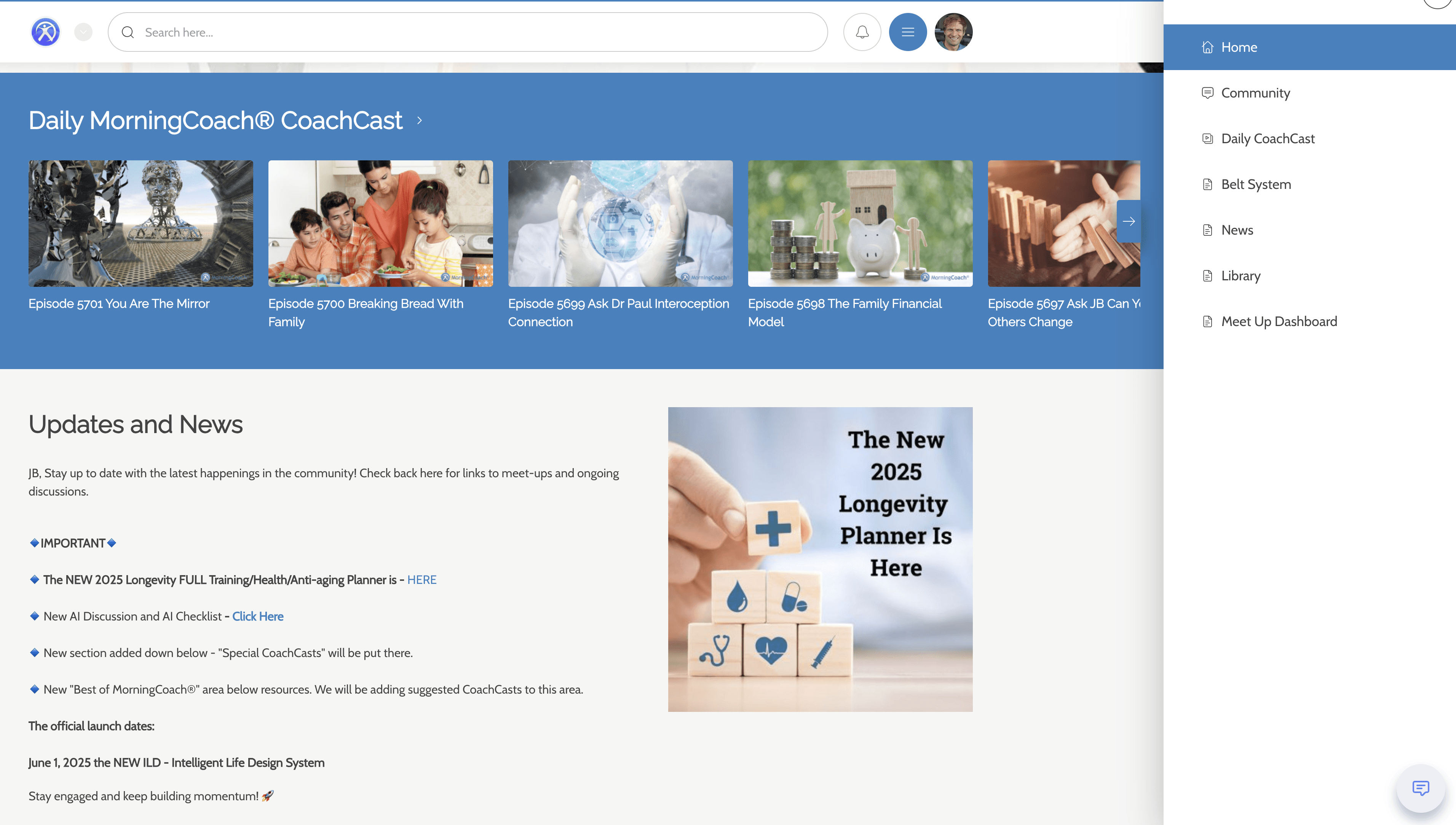

Blog
We often face the decision of whether or not to help someone in need. In most cases, it is a no-brainer: we should always try to help others whenever possible. However, sometimes, giving help to someone may not be the best thing for either party involved. This blog post will discuss when it can be inappropriate to help others.
Why it can be appropriate sometimes not to help
As children, we get taught that helping others is a good thing. It spreads kindness and improves our relationships with others, making our communities more united and the world a better place to live. However, as we grow older, we get more exposed to the reality around us and see that the world is not necessarily all sunshine and rainbows all the time. We can become more aware of our capabilities and meet various types of people, some possessing unpleasant qualities. Providing help when the situation calls for it is the first thing that may come to your mind, but you may be surprised to know that certain instances when not helping at all may be better.
Not providing help may sound harsh, but hear us out first. As you go through life, you will encounter different people and experiences, some of which can affect your mind in a not-so-pleasant way. You may think that giving help will automatically benefit you and others, but sometimes it isn't. Below, we list some instances when not giving help will be better for you and the party concerned. Don't worry; there are only a few of them, and generally, helping others is still the way to go. You only need to be aware when not helping people is appropriate, so you can direct your help where it is appropriately required.
1. You lack the knowledge and skill to give the proper form of help
Let's say you encounter a situation where you see a person get hit by a car in an accident, and the person has a nasty fall on the road. The person hit lies beside you, and you notice he can't get up properly, possibly due to a broken limb or something. You have this urge to help; however, you are not a medical expert. If you try to move the person's limbs or get him up, you may further worsen his situation by dislocating his limbs. If you want to help, try calling somebody else who is knowledgeable in handling injured people, such as a medical team. They know how to handle the situation better, and indirectly, you can still help the injured person.
Another example is when a person asks you for advice regarding something in their life, such as problems in their career or marriage. Sometimes, people only want somebody to listen to them, and it's enough for them. You want to avoid giving unsolicited advice where what you say doesn't work for them, which may harm your relationship with a person. Unless you are a professional in the field they are asking for advice, it can be better to refer them to an expert or listen only to what they have to say. When giving help, you must be knowledgeable and skillful enough to assist so that you don't end up worsening the situation or harming the people concerned.
2. Giving help to the wrong types of people
Helping others can make you feel good, especially when people appreciate your help and say "Thank you." Unfortunately, some people won't even give thanks when you help them. This kind of behavior can be evident in self-entitled people who think it is only fitting to help them without showing appreciation for what you did. One may argue that you shouldn't expect anything after helping others. However, a little gratitude and appreciation can go a long way, and not receiving any can make you think that someone is only using or manipulating you for their benefit.
And this leads us to another type of human being that may not be worthy of receiving your help: the users. These are the types of people who will get on good terms with you when they need something from you. They can act friendly and know how to tug your emotions to get what they want. And, of course, you may give in and help them; nothing's wrong with that if you are able and willing to help. However, the problem with users is that they only care about you when they need something from you. Once they get what they want, they may suddenly shift their personality and act cold towards you, possibly not even talking or caring about you when you are in trouble. Chances are also good that they will frequently come back to you for help, and if you keep tolerating them, they will never learn their lesson, and your mental health will suffer. So try to identify the various signs that somebody is only using you, and you may want to steer clear of such people and give your help to somebody else instead.
3. Don't help when you don't feel like wholeheartedly helping or you are not entirely okay
One essential rule when helping is that your body, heart, and mind should be in agreement that you are willing and can help. You can provide the right thing needed for help, your heart tells you to do so, and you are in a proper mental state to help. To help is a good deed, but you must ensure that you are 100% okay with helping. When you are not in the proper condition to help, you may resent or have negative thoughts about the people you help, such as thinking that they may be too needy or are bothering you too much, causing stress and anxiety in your life.
Also, if you are not physically capable at the moment to help, it's better not to help. Otherwise, you may fail in your actions and cause accidents to happen. The other person may also blame you for worsening their situation. So it's better to say you are not okay now rather than helping and causing mishaps.
Finally, helping others may look like a devious act if you have some other motive for helping people. For example, maybe you expect they will also help you in return should you need it, which may not happen. And when it does, you may get angry with the other person for not providing help when they are not obligated to help you due to circumstances or they are not that close to you. And then, there's the idea of helping others to boost your ego and get attention. This form of helping looks fake, and even if others will benefit from your actions, it doesn't look sincere. You may become dependent on people's problems for your self-worth and maybe even create artificial ones to satisfy your need.
Know when to help
The most important thing to remember about helping is this: help when you genuinely want and can give the proper support to the right people. You are not a bad person if you can't help. On the other hand, if you don't know what to do or if people are not asking for your help, such as in situations that are not urgent, it's okay not to help. While your intention may be good, you don't want to turn an act of kindness into something that brings more harm or suffering to another person. On the contrary, providing help to others is an admirable act that can bring more happiness and harmony to people and yourself. You have to know when it is proper to step forward and lend assistance and when to stop helping or don't provide it at all. Some people may be more capable of helping someone, and it's better to refer those who need help to the experts to get the immediate help they need.
Related

Get Started
Discover practical insights, mindset strategies, and the latest tools to help you build a life of clarity, health, and purpose — one morning at a time.
FAQs






